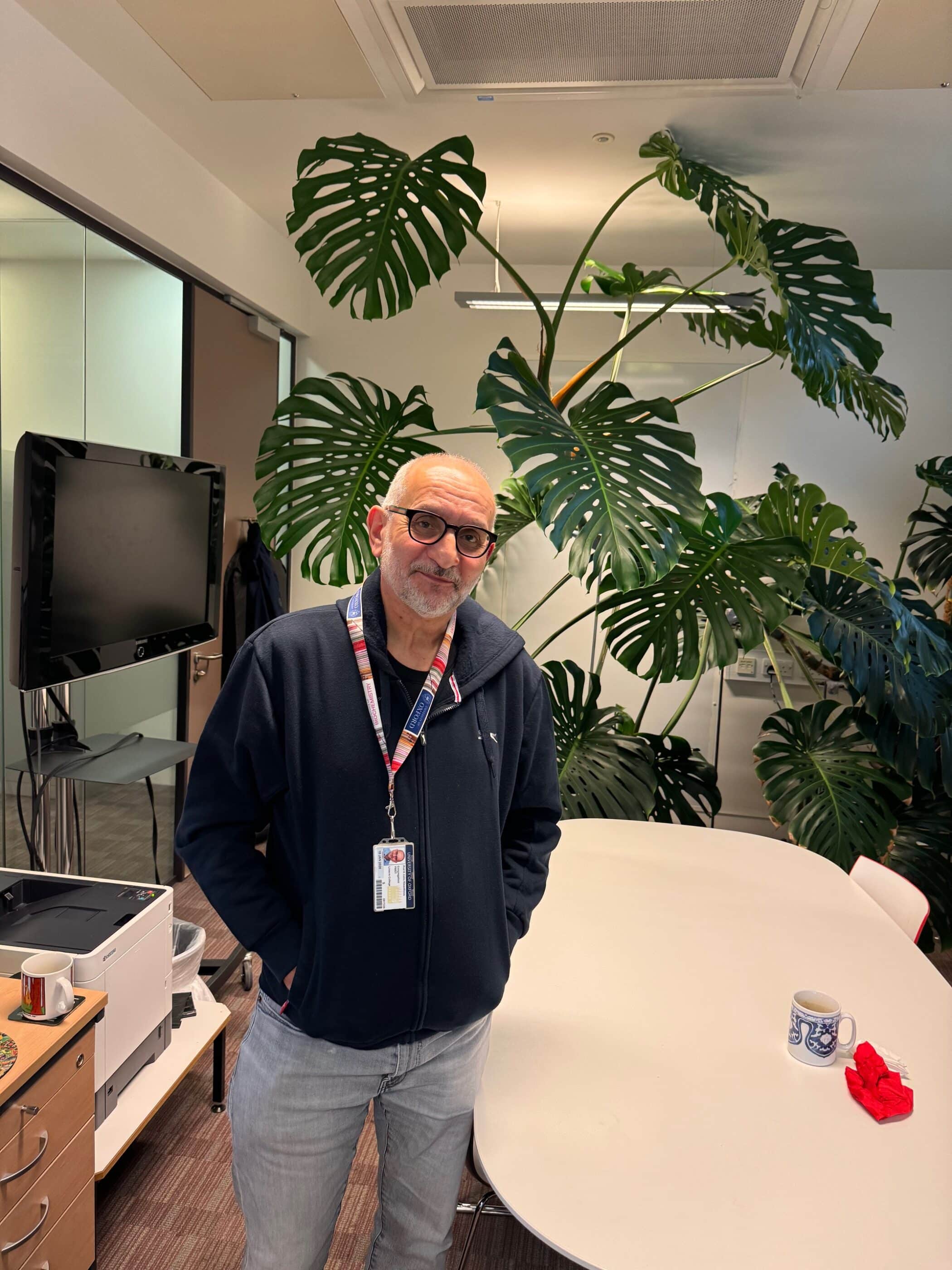Linacre College is delighted to announce that three winners of the Frederick Mulder Prize have been selected, with an award of £1,000 made to each winner.
The Mulder Prize was established in 2004, following a donation from alumnus Frederick Mulder (1968). The prize aims to support students conducting fieldwork within the topics of social injustice and deprivation, helping to contribute to a wide range of exciting and invaluable research. This year’s winners are no exception, with three incredibly important projects underway.
Studying for a MSc in Water Science, Policy and Management, awardee Edinah Samuels (pictured top left) summarises how she will be using the prize money to travel to Kenya to conduct focus group discussions in rural communities: “My research study looks at exploring and understanding O&M challenges and people’s perceptions, beliefs and choices with water treatment interventions to deliver safe drinking water to rural communities. Bundling water treatment technologies with the professionalised service supply reduces the financial burden, logistical supply and availability of water treatment interventions. It will be a solution-oriented research project that will network water, sanitation and hygiene (WASH) sector stakeholders to co-produce an intervention that improves access to safe drinking water for rural marginalised communities.”
Also studying the effects of water transmitted diseases, but with a focus on Female Genital Schistosomiasis (FGS), is fellow student in MSc Water Science, Policy, and Management Kyra Dols (pictured top right): “FGS is a neglected tropical disease that transmits through water, affects the genital tract of an estimated 56 million women, and carries a stigmatising disease burden that translates into a complex, and intersectional array of injustices – all together, posing a significant threat to the wellbeing of women. This risk, however, is largely understood through rural experiences, which leaves the risk posed by FGS to women in urban areas overlooked. Considering this, my research explores how the risks and injustices around FGS are experienced by women living in urban areas, and sheds light on any potential differences that should be considered in interventions. All data will be collected qualitatively, through semi-structured interviews, focus group discussions, and naturalistic observations in the Greater Accra Region of Ghana. The results of my study will be used to develop a comparative framework of embodied disease experiences, that sheds light on the social injustices associated with FGS, whilst simultaneously informing priorities for FGS elimination strategies”
Final awardee Deng Majok Chol is a DPhil student in Geography and the Environment, with fieldwork that is already underway in South Sudan (Deng is not pictured due to already being on field research at the time of this article). Deng’s collection of data has three very distinct aims: “To enhance understanding of the dynamic adaptation; to describe changes in migration patterns and preferences in response to changes in severity and frequency of climate change and flooding; and to characterize migration in the Sudd region through a creation of qualitative map of human mobility in responses to the impacts of flooding.”
From this, Deng hopes to enhance understanding of “the dynamics of the Sudd region to understand the complexity of the issues about migration, conflict, and flooding. Flooding does cause migration, but conflict is a much more significant driving of migration, and they interact in a complicated way in different places and among different social groups. In some areas, flooding plays a key role and exacerbates conflict which then leads to migration. I expect to find lots of differentiations between various/different social groups and the ways in extreme flooding might disrupt different groups differently.”
All three of the Mulder Prize winners are embarking on projects that aim to not only deepen understanding within their fields, but also practically contribute to solutions that will address the important issues at the heart of their research. The College are very proud to support these students in their studies and look forward to hearing about the results.


















